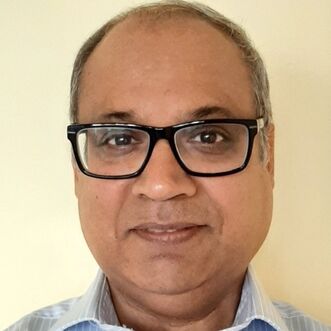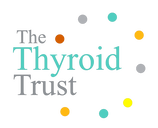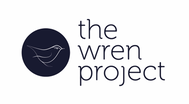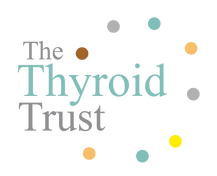|
Written by Sherina Mandalia  Kamal Mandalia gave a talk at one of our Thyroid Trust Awareness events this May. During the event he spoke about his journey of having Papillary Thyroid Cancer. Kamal’s journey started in 2018. While coming back from holiday he noticed something didn’t feel right, of course at that time you don’t jump to the conclusion of cancer so he just thought it was simply dehydration. However he went to his GP just to be sure and had a blood test and urine test. At that time all tests came back fine - it is important to note that he did not experience any thyroid related symptoms. A few months went by and he noticed a lump on the side of his jaw, so he went back to his GP and was sent to a radiologist for further scans. The radiologist could see fluid which was causing the lump , a biopsy was taken and the fluid got removed and sent to a lab. The scan showed his nodules and he could see his lymph nodes were swollen. Shortly after he was diagnosed with Papillary Thyroid Cancer. Just like receiving any bad news you could imagine that Kamal must have had felt he “didn’t know how to react”. He thought “how can it be?” he was in pure shock and disbelief. After several different scans Kamal was reassured that his cancer had not spread, soon after the process of surgically removing the thyroid commenced (via private care) performed by the well-known surgeon Leo Cheng. Kamal was offered radioactive iodine (RAI) treatment which kills any thyroid cancerous cells that may have been left behind, He decided to go through with the treatment as this gave him a sense of relief and peace of mind. The treatment meant he would have to self-isolate for several days at hospital and at home. This was a few years before the global pandemic! Self-isolating was alien! To prepare for this treatment Kamal had to follow a special low iodine diet, this helps the thyroid cells so that they can absorb the radioactive iodine. Food to avoid You should avoid these foods before RAI treatment (From Cancer Research UK) as they have high levels of iodine:
After the treatment Kamal was sent to see an endocrinologist (who he still sees regularly) and was given 75 mg levothyroxine, also known as T4, to take daily, it is used to treat thyroid hormone deficiency. Kamal was asked to do a talk on his experience for medical students. The talk was successful which made him realise how important it is for patients to share information with doctors as not everything can be learnt through textbooks. For things to change for the future he believes all GPs should regularly examine the neck area, hoping it could be caught earlier. Going through any medical procedure can be very daunting. Kamal suggested it would be beneficial if patients spoke about their story, perhaps it will reassure others. Let’s keep talking thyroid! #patientvoices #shareyourstory The full talk can be seen via our YouTube channel below
0 Comments
Your comment will be posted after it is approved.
Leave a Reply. |
Thyroid FriendsThis blog is by members of Thyroid Trust Friends Network who have signed up to our Ground Rules and blogging guidelines. Please get in touch if you'd like to write something for possible publication on our site. Archives
June 2024
Categories
All
|
for everyone affected by thyroid diseaseMeetingsWe organise regular information and support meetings online and in person.
Click here for upcoming dates. We are a small independent charity. We receive no government funding and are reliant on donations for our income. Please support us.
PlEASE CONSIDER SUPPORTING OUR VITAL WORKThe donate button above takes you to a secure donation processing platform, JustGiving. Please contact us if you would prefer to make a direct bank transfer to donate via any other means, or if you are interested in volunteering.
|
|
Proud members of the following organisations
|
Proud to be in a charity partnership with:
|
With thanks to all our supporters, including:
|
Correspondence ADDRESS15 Great College Street, London, SW1P 3RX
The Thyroid Trust is also known as TTT and Thyroid Friends Network,
Registered Charity Number 1183292 Registered Address: 15 GREAT COLLEGE STREET, LONDON, SW1P 3RX Copyright asserted 2019 - Our consititution and all policy documents can be viewed on request. Read our Privacy Policy updated 23/5/18, . |

 RSS Feed
RSS Feed








